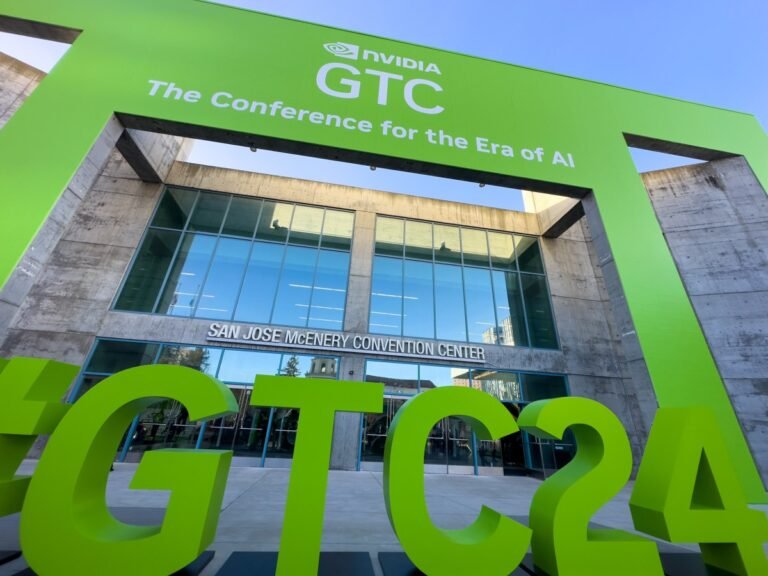
At its GTC conference, Nvidia today announced Nvidia NIM, a new software platform designed to streamline the deployment of custom and pre-trained AI models into production environments.
NIM takes the software work Nvidia has done around inferencing and optimizing models and makes it easily accessible by combining a given model with an optimized inferencing engine and then packing this into a container, making that accessible as a microservice.
Nvidia is already working with Amazon, Google and Microsoft to make these NIM microservices available on SageMaker, Kubernetes Engine and Azure AI, respectively.
Some of the Nvidia microservices available through NIM will include Riva for customizing speech and translation models, cuOpt for routing optimizations and the Earth-2 model for weather and climate simulations.
“Created with our partner ecosystem, these containerized AI microservices are the building blocks for enterprises in every industry to become AI companies.”

Back in 2016, Netflix open-sourced Conductor, its microservices orchestration platform, but last December, it announced that it would discontinue maintaining it.
Thankfully, for the many companies that rely on it, the creators of Conductor had previously left the company to launch Orkes, a startup that provides an enterprise-grade microservices platform based on the open-source project.
As Orkes co-CTO Viren Baraiya told me, the project quickly became popular within Netflix.
Currently, Orkes offers Conductor as a fully managed platform on the customer’s cloud of choice, as well as a Conductor-based AI orchestration platform.
The founders of Orkes wrote a new playbook for building and operating complex, observable and large-scale applications when they helped create the Conductor open-source project at Netflix.

Netflix is a leading provider of video streaming services, with over 117 million active subscribers in over 190 countries. Temporal is an open source microservices orchestration platform that helps companies…

The popularity of microservices is due in part to the benefits they offer. Microservices are loosely coupled, independently deployable services that work together as a single app. This makes them…







